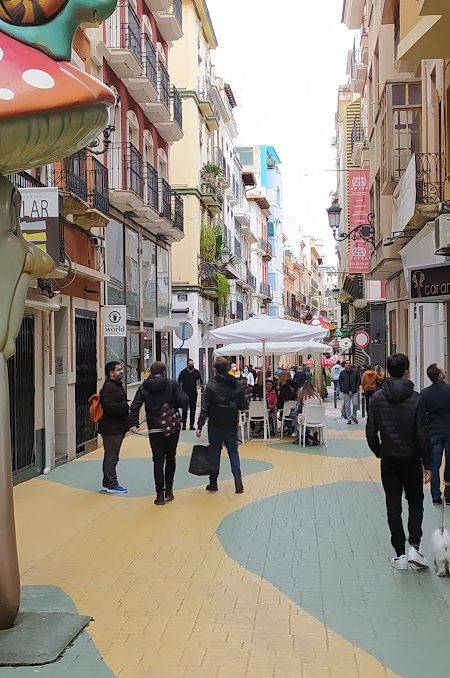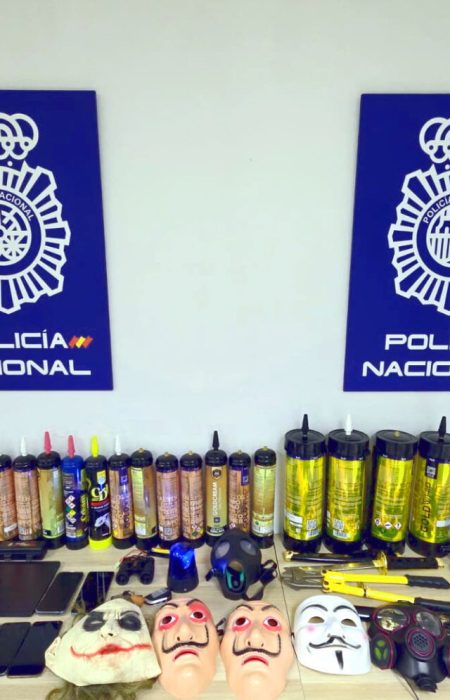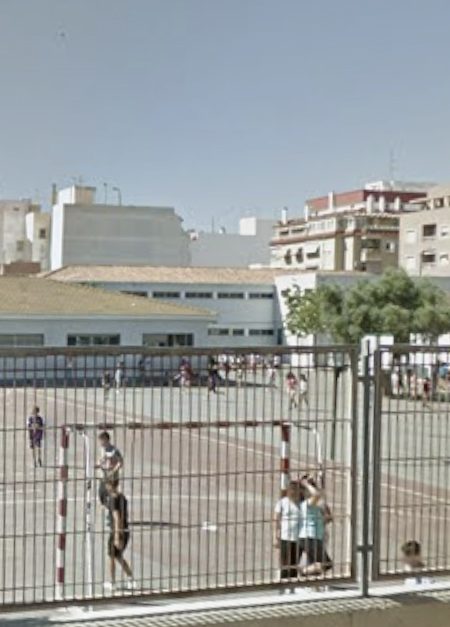The Torrevieja Local Police officer “allegedly and maliciously took a water bottle belonging to the informant that she had left in a fridge in the dining room of the Headquarters, tearing off the label so that he wouldn’t be found out, even though the complainant warned that it was her water bottle.”
This is a part of the disciplinary file that was opened against a Local Police officer in Torrevieja after his coworkers complained verbally and in writing that they were tired of seeing part of their lunch disappear from the refrigerator at the Headquarters, which is the main headquarters of the Torrevieja Local Police and has 180 officers and commanders.
A female officer wrote a report about what happened on September 25th, and an officer sent it to the Chief Superintendent. Federico Alarcón, the councillor in charge of the area, and the acting Chief Superintendent issued an order saying that an inspector and an officer from the police will look into this disciplinary case for a minor offence.
Rules
The report says that the events may be a minor crime according to Article 99 of the Generalitat Law on the Coordination of Local Police Forces and Article 9 of Organic Law 4/2010, of May 20, on the Disciplinary Regime of the National Police Corps. These laws are also the basis for this kind of punishment. This offence consists, “in both cases, of misconduct towards citizens or other members of the Security Forces, provided it does not warrant a more serious classification, considering that the alleged perpetrator may have appropriated someone else’s property without the owner’s authorisation .”
The same sources say that the disciplinary action is not only because of the theft of the bottle of mineral water. There had been similar events before, but they had only been told to superiors verbally.
Police officers can either eat lunch outside the station at places near the headquarters before or after starting their tough duty on the streets of Torrevieja, which was the more typical choice until a few years ago, or they can order a packed lunch and drinks from home at the station. The latter is the most popular choice among younger officers, many of whom want to take competitive tests and eat healthier as a result.
Most of the time, these kinds of reports are just for information and are put away without any action. But the leadership must have gotten tired of this “water bottle thief,” who is also a repeat offender, because they have decided to open a disciplinary file. With 180 police officers, it won’t be hard to keep it quiet so it doesn’t happen again, even if the “investigation” doesn’t go anywhere.
This case is, however, “peccata minuta” compared to the long history of accusations about workplace harassment and police misconduct that have been going on for two decades and have just recently been turned upside down.
Files that are stored away that have useful information
The Local Police force often starts internal investigations to clear up problems that come up when police contact with the public, especially citizens. Usually, when the police involved have given their testimony, the investigation is concluded. The police headquarters’ most recent inquiry included an officer who stopped a resident from getting her keys, mobile phone, and personal papers out of her car just as it was going to be towed by the city tow truck after she got a traffic citation. The resident also said that the officer had been nasty to her.
The woman, who cleans the entrances to buildings for a living, told the officer at first that the ticket she got earlier that morning was unfair because she thought the car was parked correctly. She then pleaded him to let her get her phone, keys, and car paperwork, which were about to be towed, because she couldn’t work without them.
But when she went to pay for the towing, she had to do it at the impound lot, which was a few kilometres away. The woman said that the police officer was rude to her, and the other patrol officer did not step in while the officer was arguing with her. The investigators didn’t find any basis to start a disciplinary case. They said that the treatment might not have been the friendliest, but it didn’t deserve a punishment.









No Comment! Be the first one.